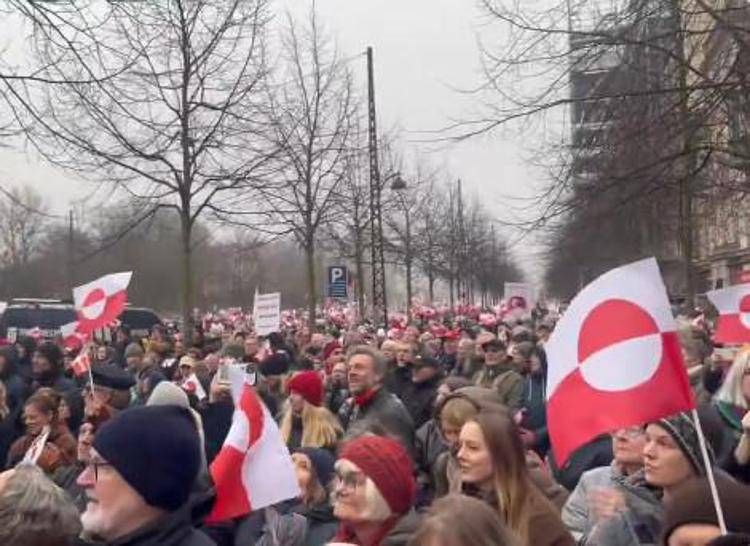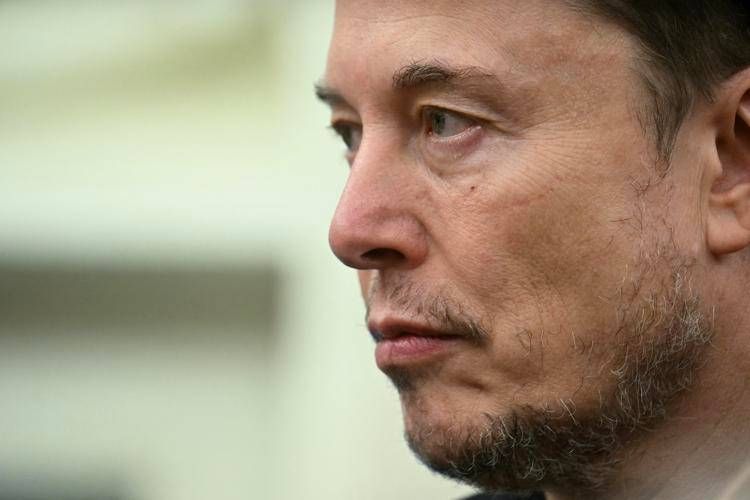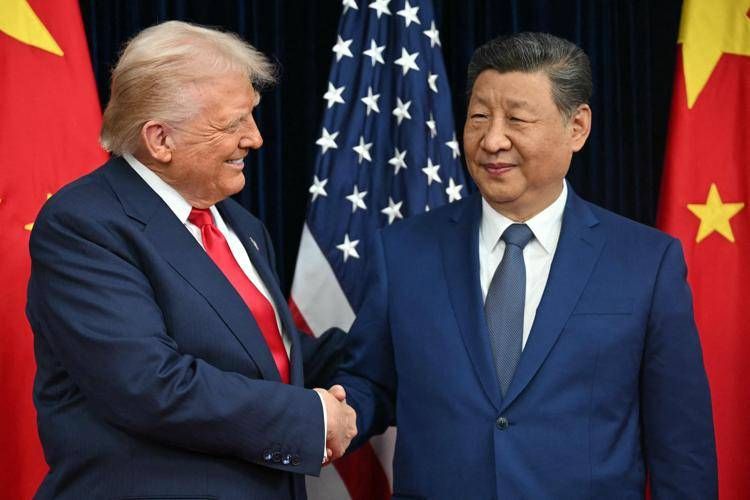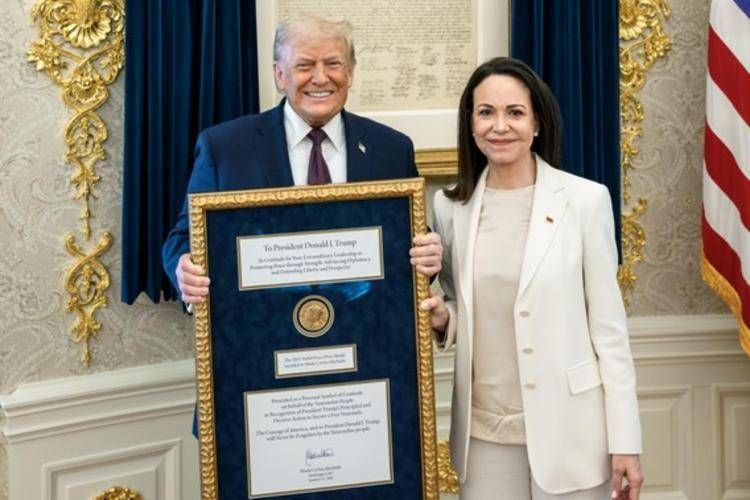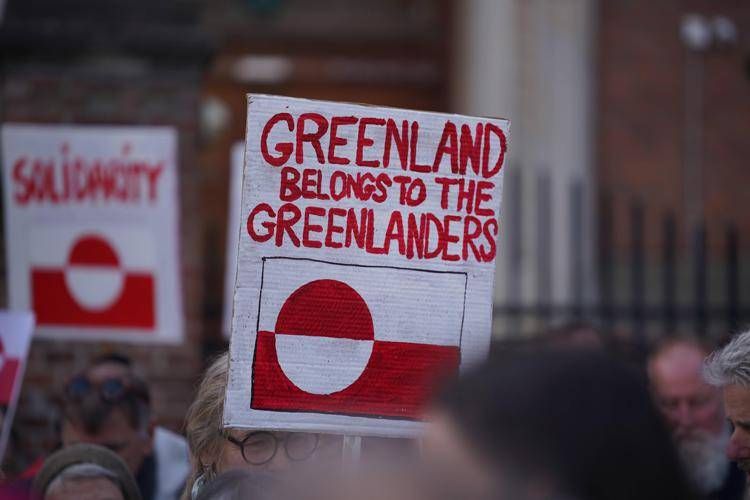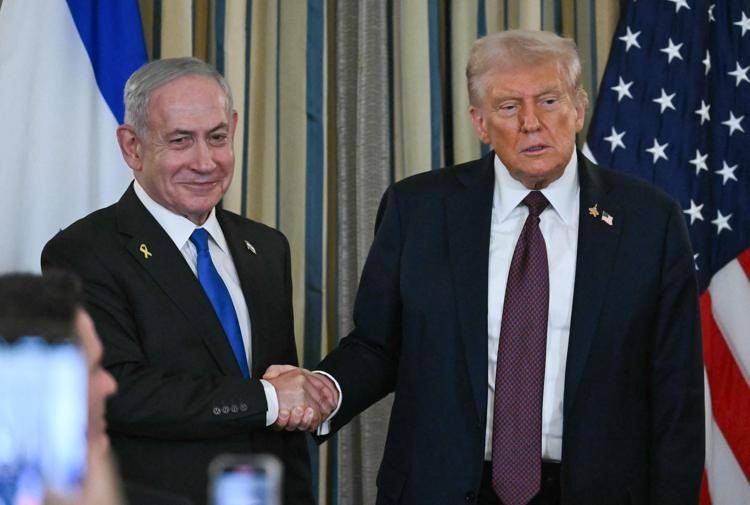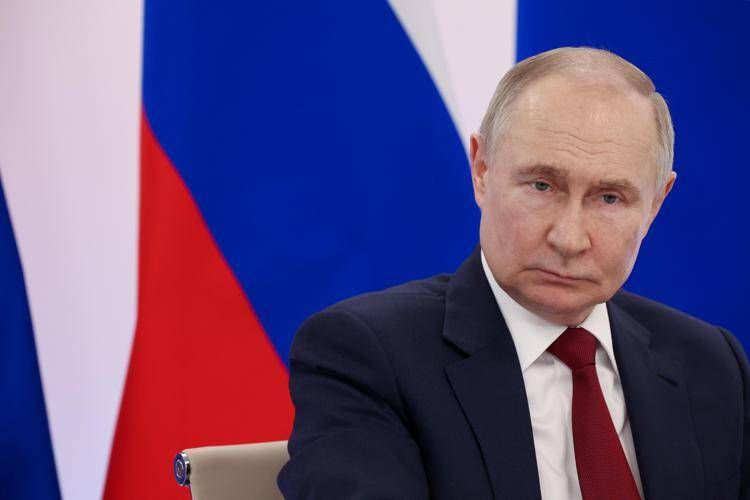
Ukraine, Moscow alarm: resources at the limit within six months
-


Alberto Trentini e Mario Burlò sono in Italia dopo la liberazione VIDEO
-
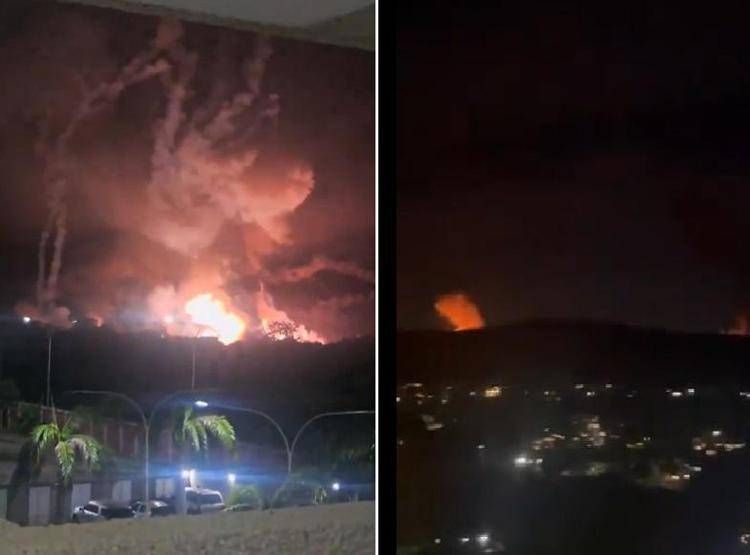

Overnight explosions in Caracas hit military area, widespread power outages reported VIDEO
-


Attacco Usa in Nigeria contro l’Isis, Trump: “Risposta al massacro di cristiani” VIDEO
-
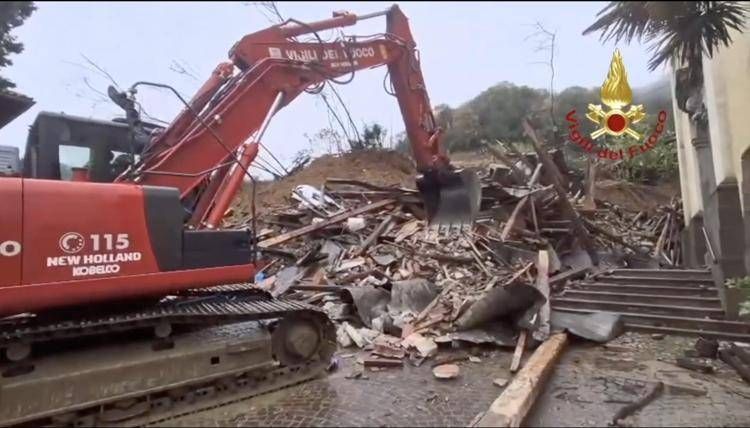

Frana a Cormons: disperso un giovane e un’anziana sotto le macerie VIDEO
Growing pressure on the Kremlin. Trump demurs: ‘European war, we shouldn’t have been there’
Russia has just over six months to seek a decisive blow in the war against Ukraine. According to an analysis by the Washington Post, Moscow is close to the limit of its operational capacity: the shortage of men and means could emerge irreversibly in 2025, with critical effects on the frontline.
The intensification of military pressure at this stage could lead to a breakthrough. Russian President Vladimir Putin, according to analysts, could only be pushed into negotiations if seriously challenged. But on the diplomatic front, negotiations remain firm.
What is most surprising is the new US line. President Donald Trump, after a recent telephone conversation with Putin, ruled out the imposition of new sanctions and reiterated that the conflict is a “European issue”. ‘We shouldn’t have gotten involved,’ he repeated in recent days, distancing himself from the EU’s approach.
The US Defense Intelligence Agency report confirms that the Russian advance is proceeding slowly, with high losses: Moscow has lost at least 10,000 land vehicles (including 3,000 tanks), 250 aircraft and over 10 ships since the beginning of the conflict. The human costs remain high: an estimated 1,500 Russian dead and wounded every day.
In 2024, Russia captured just 0.6 per cent of Ukrainian territory, against a resistance that has been strengthened by the massive use of drones and entrenched defence in strategic areas. Although Moscow has a favourable numerical ratio – three Russian soldiers for every Ukrainian – and greater availability of armaments, it is unable to transform the advantage into significant territorial gains.
The real crux is the sustainability of the war effort. Russia produces about 200 new tanks per year, but still depends on Soviet-era vehicles. According to Western sources, the initial stock of about 13,000 tanks will be exhausted in the coming months.
In the absence of a truce, Moscow might attempt a summer offensive, especially in the Donetsk region, taking advantage of the still favourable current conditions. However, even a momentary military success would not guarantee long-term resilience: the Russian armed forces would not have the capacity to consolidate new territories.
In the meantime, the Kremlin continues to claim control over Donetsk, Luhansk, Kherson and Zaporizhzhia, which, however, remain only partially occupied. A possible blitz could strengthen Putin’s position in future negotiations, but time – for now – seems to be playing against Moscow.
THE LATEST NEWS
(Photo: © AndKronos)
-

 Spettacolo22 ore ago
Spettacolo22 ore agoAddio a Tony Dallara, voce simbolo della musica italiana anni Cinquanta
-

 Il gusto8 ore ago
Il gusto8 ore agoWorld Pizza Day, le pizze bandiera dei maestri pizzaioli in tutta Italia
-

 Meteo9 ore ago
Meteo9 ore agoMaltempo in italia: neve al Nord e Scirocco al Sud, situazione critica fino a metà settimana
-

 Sport8 ore ago
Sport8 ore agoMorto il presidente della Fiorentina Commisso


